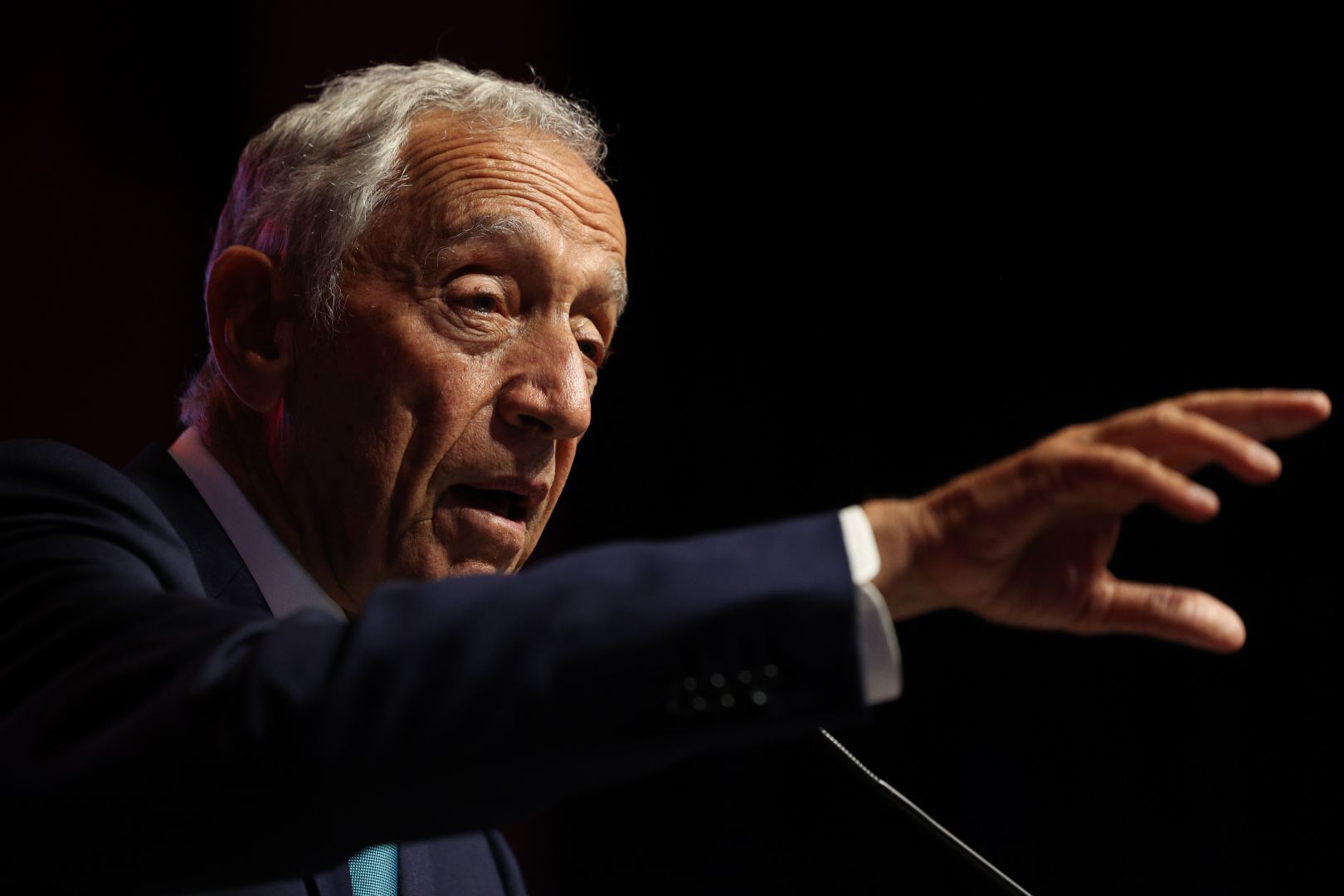After not raising any constitutional concerns over the Portuguese government’s controversial More Housing programme a week ago, Portugal’s President Marcelo Rebelo de Sousa has now vetoed the policy on political grounds.
The reason? He said it was “not easy to see where the promised housing supply would come from in an effective and timely manner”.
It means that the president has not promulgated the policy and added that it would make it difficult to restore private investor confidence while the public investment was “restricted and slow”.
Despite admitting that the bill had been altered and corrected regarding coercive rental measures for properties that have stood empty for over two years, and on local accommodation, he said: “It is difficult to recover some of the private investment confidence lost” and from a public and social point of view the policy was only tinkering at the edges of a much wider problem that needed a much more radical solution to solving Portugal’s chronic affordable and social housing problem.
In other words, the president is saying that while not unconstitutional, the policy is tantamount to a political disaster for the socialist PS government because it has spooked investors and is woefully inadequate at resolving the problem.
The decision will be seen as political and not impartial by the government (Marcelo Rebelo de Sousa is a member of the conservative PSD party) after it had trumpeted the policy back in February when it was unveiled in a blaze of publicity as a cornerstone of government housing policy.
However, the policy soon revealed to be poorly thought out and was likened to the kind of vote-catching party political propaganda seen on election posters in the run-up to a general election.
Moreover, the government had made no attempt to survey the market and stakeholders to see if the policy would be accepted or popular or even workable. That was a disastrous mistake by a government that because it had a majority in parliament, thought it was siting pretty.
In the end the policy pleased no one except subsidised renters on low incomes. It now looks as though the government’s cornerstone policy, which while well intentioned, could contribute towards costing the PS the next general election.
Critics have always said that the government simply does not have the budget to fix Portugal’s housing problem alone while private developers say the cost of land, taxes, planning permission bureaucracy, and the price of raw building materials and energy costs make it impossible to meet market demand alone and turn a profit without massive public subsidies.
And this seems to have been reinforced by the president who has concluded that public investment is “restricted” (meaning low) and the pace of projects is “slow”.
Marcelo Rebelo de Sousa says that there was some hope of private investment (and some investors have been bold enough to build some middle class housing in the north of Portugal on the outskirts of large towns and cities) but it has been insufficient to really tackle the problem.
Photo: Lusa, Tiago Petinga

